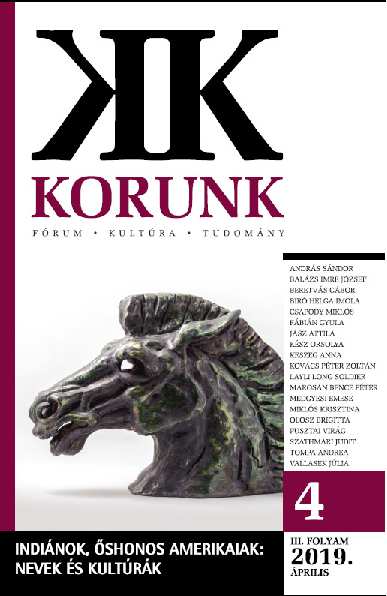
Erdély jogtörténetéről
Erdély jogtörténete. Szerk. Veress Emőd. Forum Iuris Könyvkiadó, Kolozsvár, 2018.
More...We kindly inform you that, as long as the subject affiliation of our 300.000+ articles is in progress, you might get unsufficient or no results on your third level or second level search. In this case, please broaden your search criteria.

Erdély jogtörténete. Szerk. Veress Emőd. Forum Iuris Könyvkiadó, Kolozsvár, 2018.
More...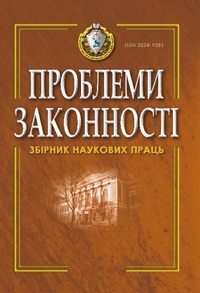
This paper has dealt with incidence of the balance between democracy and the rule of law. The problem of quantitative and qualitative characteristics of democracy is one of the key issues in its theory, was covered in the writings of the representatives of elitist and collectivist concepts. Could we unequivocally state that the democratic form of government has won and there are no threatening factors? A significant number of modern countries are not ready to accept democratic principles. The cleavage between the scholars ranges from the maximum limitation of citizens’ political participation and the transfer of the entire initiative exclusively to the political elite, to attempts to involve them in the decision-making process at all levels. We believe that a comprehensive and systematic study of the whole complex of the issues related to the balance of democracy and the rule of law must be considered among the most relevant and perspective directions of modern legal science. And a reliable deed in this direction can be only the notion of democracy as the rule of the majority, where the differences between interests are not depressed and ignored, but governed by law, supported by socio-political agreement on the basis of balance of interests and mutually beneficial compromises, in which provision of both the rights of minorities and natural inalienable human rights are guaranteed. This paper has dealt with incidence of the balance between democracy and the rule of law. The problem of quantitative and qualitative characteristics of democracy is one of the key issues in its theory, was covered in the writings of the representatives of elitist and collectivist concepts. Could we unequivocally state that the democratic form of government has won and there are no threatening factors? A significant number of modern countries are not ready to accept democratic principles. The cleavage between the scholars ranges from the maximum limitation of citizens’ political participation and the transfer of the entire initiative exclusively to the political elite, to attempts to involve them in the decision-making process at all levels. We believe that a comprehensive and systematic study of the whole complex of the issues related to the balance of democracy and the rule of law must be considered among the most relevant and perspective directions of modern legal science. And a reliable deed in this direction can be only the notion of democracy as the rule of the majority, where the differences between interests are not depressed and ignored, but governed by law, supported by socio-political agreement on the basis of balance of interests and mutually beneficial compromises, in which provision of both the rights of minorities and natural inalienable human rights are guaranteed.
More...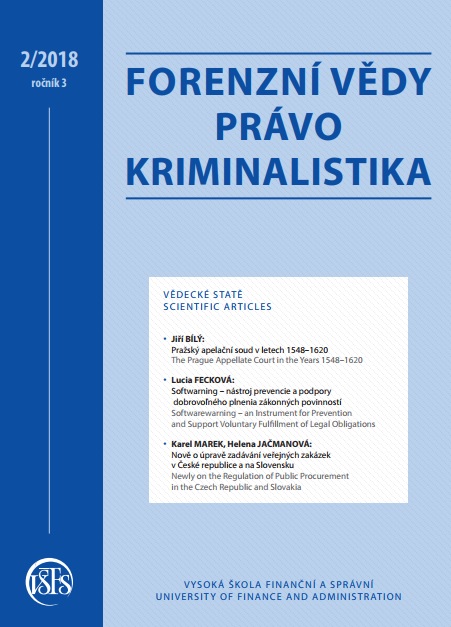
When Ferdinand I suppressed the revolt of the Czech Estates in 1547, he could break the power of the Estate of Boroughs. He established a new central royal institution – the court of appeal (consilium apellationum in Latin). This court affi rmed or reformed sentences of municipal courts in Bohemia, Moravia, Silesia, Lower and Upper Lusatia. It received appeals from royal towns and landlorďs market towns or townships. It was possible to lodge an appeal against the decisions of municipal courts, but if a person failed the term, he/she could not appeal. It was as new principle the infl uence of the Roman law. The judges of the court of appeal were ten representatives of the Estates in Bohemia (three members of the high nobility, three ones of the gentry, four burgesses) and four erudite lawyers. The court was presided over by the president. The judges including the president were appoint and paid by the king and subordinate to him. The king controlled municipal justice through the court of appeal.
More...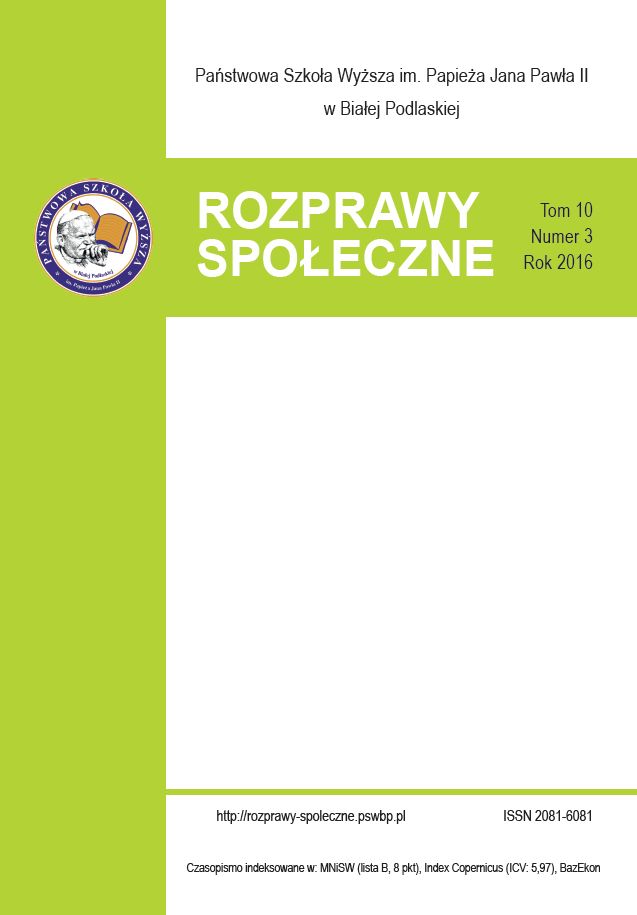
After Poland regained its independence, the District Court in Biała Podlaska, with the Warsaw Appellate Court, was established in the new structure of court system. It functioned as the Biała Podlaska court covering the following counties: Biała Podlaska, Konstantynów, Radzyń Podlaski and Włodawa. The district consisted of the smaller districts of courts with justices of peace (later transformed into municipal courts). The purpose of the article is to present the history of changes of the court as an institution, the way its office functioned, i.e. documented its activity and secured its documentary legacy. The significance of the institution for the Biała Podlaska region as well as the richness of information concerning the local community contained in its documentary legacy seem to be the main reasons for analyzing the above problem.
More...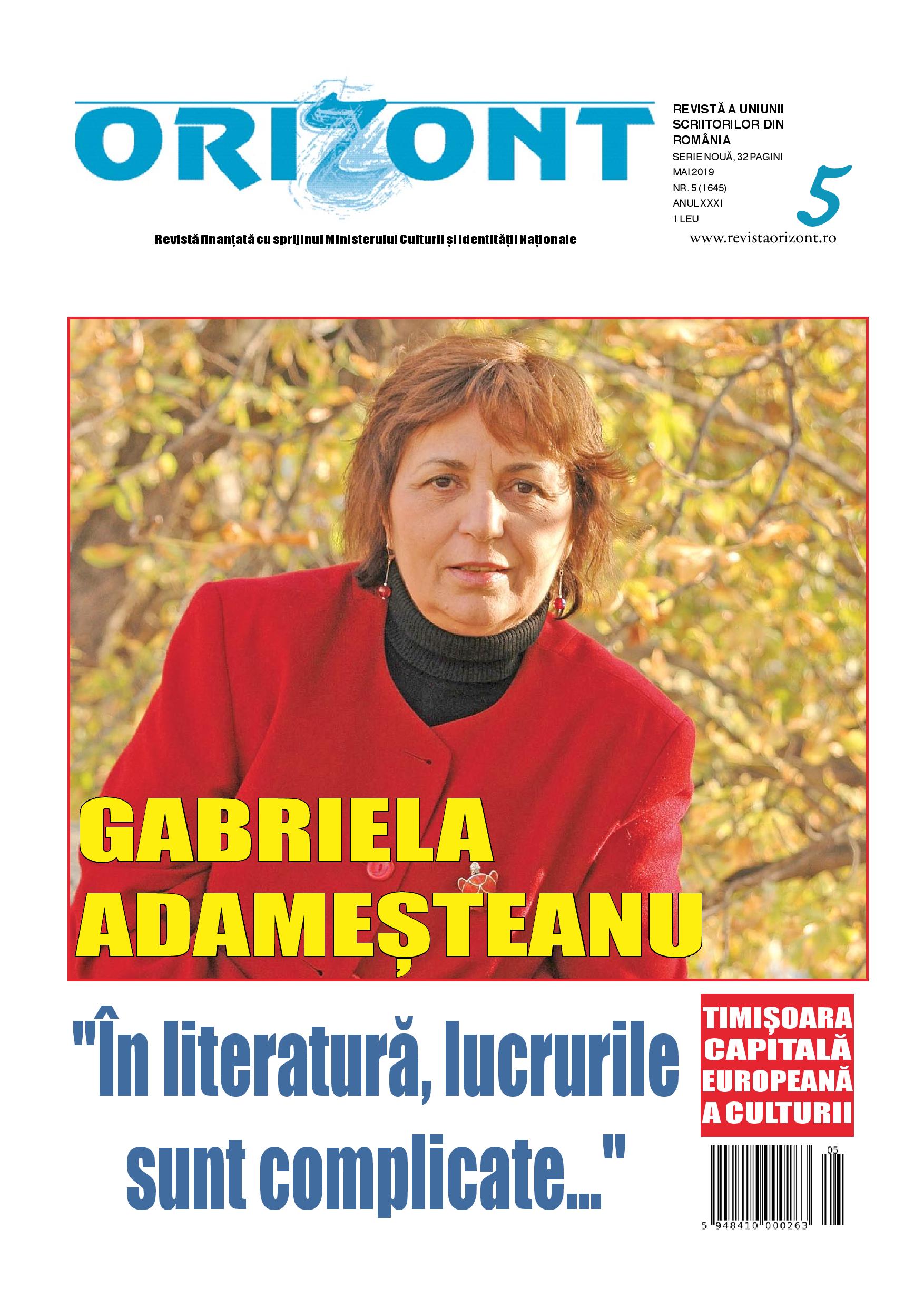
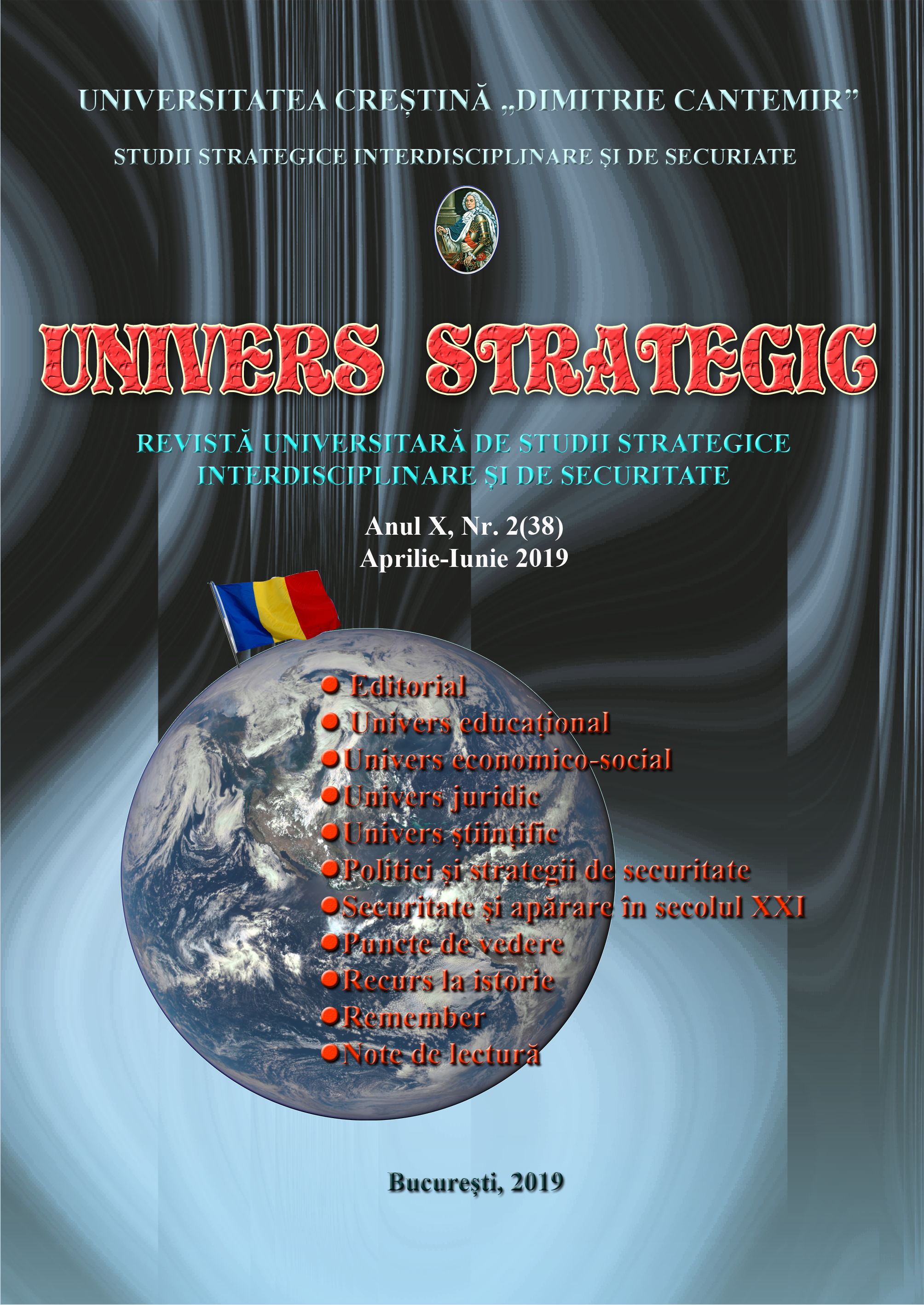
At the middle of the sixth century BC, Rome was crushed by the conflict between patricians and plebeians. The king Servius Tullius reduced the conflict by two reforms: social and administrative. By these reforms, he revitalized the society and created the Roman state.
More...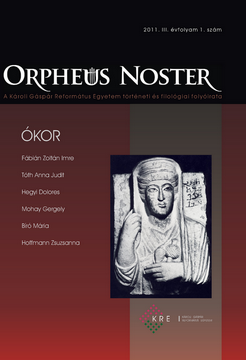
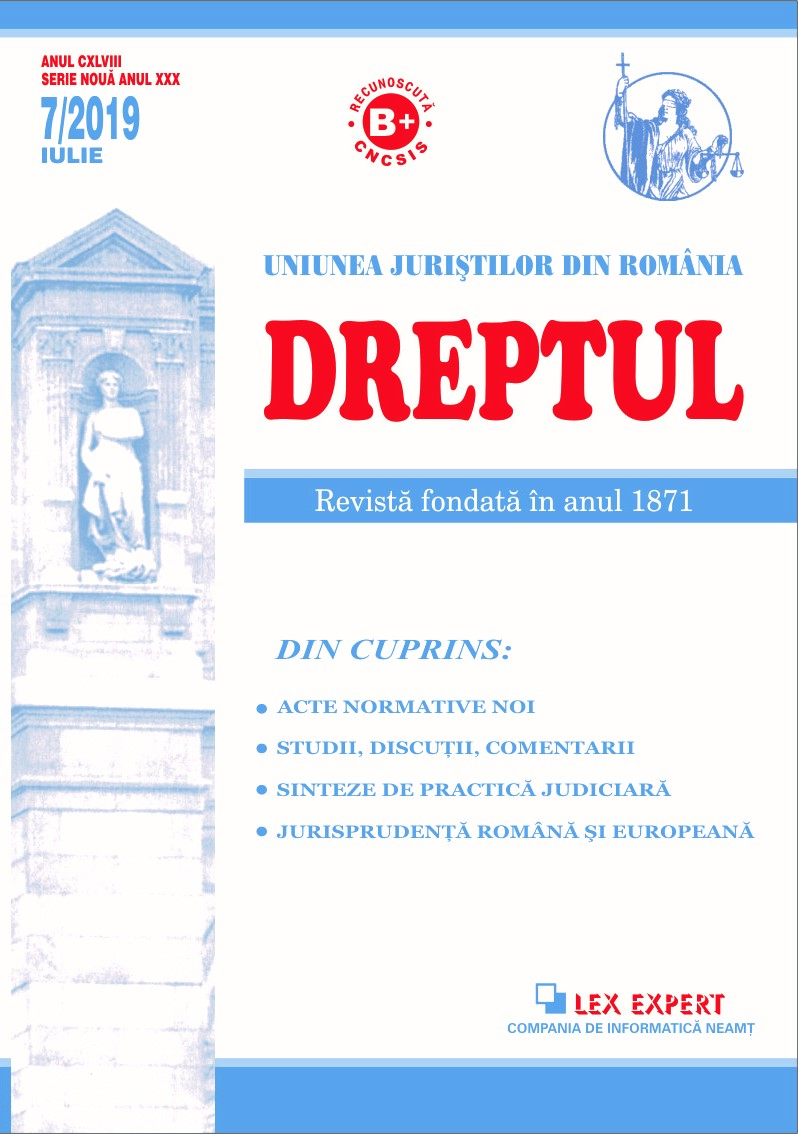
Rome was an example of universal state becoming the strongest state of the European antiquity, remaining however in the collective memory as a mechanism that worked perfectly, determined by the Roman law system that distinguished itself by the high degree of abstraction, by the lapidary logical constructions, as well as by a perfect legislative technique. It is unanimously acknowledged that the Roman law has not remained a mere historical document, continuing to directly influence subsequent regulatory systems, proving both its viability and its living spirit. This has lead to the suggestive assertion in the specialized doctrine that „although the kingdom of the Roman people has perished, the kingdom of Roman law still lives”1, and at a brief analysis it can be established that the Roman juridical way of thinking is present in the system of the European modern legislative construction.
More...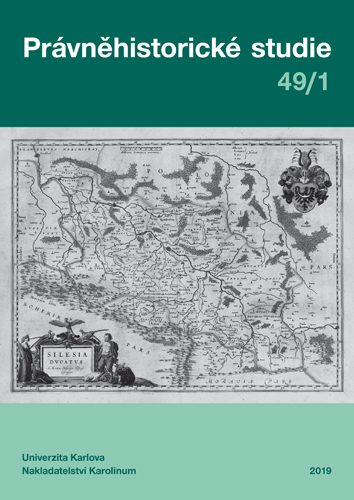

The Epigram XII, 52 written by Marcus Valerius Martialis is a description of a story of Sempronia – a woman, who was either abducted or seduced, but who later left her lover and returned to her lawful husband. The poet, by repeating the terminology associated with violence (raptus, rapina, raptor, rapta), puts emphasis on the motive of force (vis). This might suggest that the poem was composed as a speech in defence of Sempronia and Martial could have been trying to convince the general public that the woman was simply forced to leave her husband. The main aim of the paper is to assess to what extent this attempt could have been effective and credible in the eyes of an ancient reader. Moreover, describing the mutual relations between poetry, law and rhetoric will allow determining if Martial knew Roman law and wanted to make use of his knowledge or if he simply found linguistically attractive using the words that sounded similar but did not have the same meaning.
More...
In the year 1318, the Duchy of Opava was created and became one of principalities, belonging to the Bohemian Crown as a fief. During the next two centuries, under the rule of the collateral branch of the Přemyslid dynasty, it was repeatedly divided between its male members. The aim of the study is to collect all the contemporary documents and references about these divisions and particularly to evaluate minutely the legal status of individual separated parts of the land. Especially the division in 1377 was crucial and originated three domains, to a large extent independent. However, while the territory of Krnov transformed into the principality sui iuris during the 15th century, the existence of the Duchy of Hlubčice was only fleeting.
More...
This article describes the origin, content and consequences of the treaty of Munich of 8th October 1619. This treaty was concluded between Holy Roman Emperor Ferdinand II and the Bavarian Duke Maximilian I. Under this agreement, Bavaria helped reactivate the Catholic League, which provided assistance to the Habsburg dynasty for the liquidation of the Bohemian revolt (1618–1620). Bavaria obtained the Palatinate linked to the Electoral title under this agreement as a compensation.
More...
The author deals in his article with the problematics of the “writ of the assistance case” in the year 1761 which was later labeled by the American president John Adams as the moment when the child of American independency was born. Firstly the author make us familiar with the legal aspects of this theme whereas mentions as well its statutory anchorage and practises. Further he goes over to the concrete representation of the Paxton’s case in which scope was the “writ of assistance case” heard. He emphasizes especially the argumentation of James Otis before the Supreme Court of Massachusetts who pleaded against the issuing of the “writs of assistance”. In the next section of his article the author deals with the constitutional aspects of the beginning rupture between the colonies and the mother country. In this connection make us again familiar with the argumentation of James Otis this time concerning the competency of the British Parliament towards the colonies. Further he deals as well with the phenomenom of the Grenville’s acts and the resistence against them (mainly the Stamp Act) as well as the discussions concerning internal and external taxes in the connection with the release of the Townshend’s acts whereas the fact that the colonies at the end don’t meant to accept any acts of the British Parliament led inevitably to the proclamation of the independency. In every case it was just “writ of assistance case” which at the end led to the release of till our days valid fourth amendment of the American federal constitution in the year 1791.
More...
The study of legal status of minorities requires necessarily also the analysis of specific structures used by such communities, an example significant for Czech lands being Jewish Religious Communities. They provided the basis for the life of the Jews, probably the most specific minority in the Czech history. The paper deals with the development of the Jewish Religious Communities from their formation by Cisleithanian Act on Israeli communities from 1890 which was cancelled in the Czechoslovakia in 1949. The Jewish Religious Communities were influenced by crisis during the First World War, by efforts to modernize the law in Czechoslovak Republic, by Nazi persecution, and by communist regime. The practical problems as permanent economic crisis of most of the Jewish Religious Communities are too analysed. The above-mentioned crisis was caused in particular (beside the decrease of the number of Jews by migrations) by their inappropriate territorial structure within the public administration established by the Act from 1890. The paper focuses on the territory of Kolín – Kutná Hora, which is interesting because of the contrast between Kolín with one of the largest Jewish communities and Kutná Hora as large medieval city where the stay of the Jews was banned for centuries.
More...
The Soviet law, which was created at the beginning of the 20th century in Soviet Russia, had evolved on the basis of the legal tradition of Continental Europe; it was a legal system based on the Marxist law theory as understood in Soviet Russia and later in the USSR and the countries that came under its influence. Marxism-Leninism maintained actual equality in society, including gender equality, which determined Soviet state policy in the sphere of marriage and family law. In the territories occupied by the USSR in 1940 – Latvia, Estonia, Lithuania – the previously existing national systems of law were replaced by Soviet law. As a result of the Soviet marriage and family regulations being put in place, the following was established in the territory of Latvia: civil marriage as the only valid form of marriage, equality of spouses, and the equality in the rights of all children regardless of whether they were born in or outside of marriage.
More...
The paper deals with the completely issued Memoirs of the university professor JUDr. Jan Krčmář, who has captured his childhood, the study of law, the career of a university dignitary, an academic, an official and a diplomat. The contribution should not only be a review of the published piece of work that contains a lot of notes as well, but also a humble guide to the extraordinary life of one of the most important personalities of the Czechoslovak civil law field.
More...
The article focuses on the legal regulation of the employment relationship between 1945 and 1948. The labour law, influenced by the devastated national economy, has been modified and adapted to the needs of the country’s reconstruction. It also had to respond to massive displacement of the German populations, resulting in a loss of a skilled workforce counted in hundreds of thousands. The national mobilization of the labour force, which became characteristic feature even in the period of socialism, was carried out in order to solve the situation. The previous regulation is analyzed in the paper for a better understanding of the period under review, and a follow-up arrangement is briefly outlined as well, which has enabled their mutual comparison. The reader will get acquainted with the basic labour institutes: participants in employment relationship, the creation and termination of employment, working time, remuneration for work, safety issues, employee representation in trade unions and the solution of labour disputes. Particular attention is paid to individual types of employment. The paper also explains the application of different labour laws to individual groups of people, especially with regard to their gender, physical and mental development, as well as nationality or other distinguishing features.
More...
The article deals with the Local People’s Courts (LPC), which were the basic element of the judicial system of Czechoslovakia between 1961 and 1970. The aim of the article is to provide a basic probe into this institute both theoretically and practically. The LPC were a specific product of the early 1960s, when the theses on the victory of socialism and the transition to the higher stage of the social development of communism were proclaimed in Czechoslovakia. The LPC became significant signs of this development, as mixed bodies of state authorities and workers. After defining the historical and ideological reasons for the LPC, including a reference to their predecessors, the Comrades Courts, the article also deals with the legal regulation of these courts. Here is outlined the way they were set up, their composition, their jurisdiction and the procedure before them. After describing the legal framework of the LPC, there follows a list of the factual deficiencies of it such as uncertainty in a number of legal questions, the participation of a laic element only in decision-making and the inequality of the offenders in the LPC system. Part of the article captures the LPC periodical evaluation in the professional press as well as the authorities of the ruling Communist Party. The theoretical part is followed by the practical part, which is a probe into the life of one particular LPC (Shipyard, national company Mělník). This provides a comparison between theory and practice. Based on authentic archive materials, it provides insight into the decision-making practice and internal mechanisms of this court. The last part of the article is devoted to the abrogation of MLS and its reasons.
More...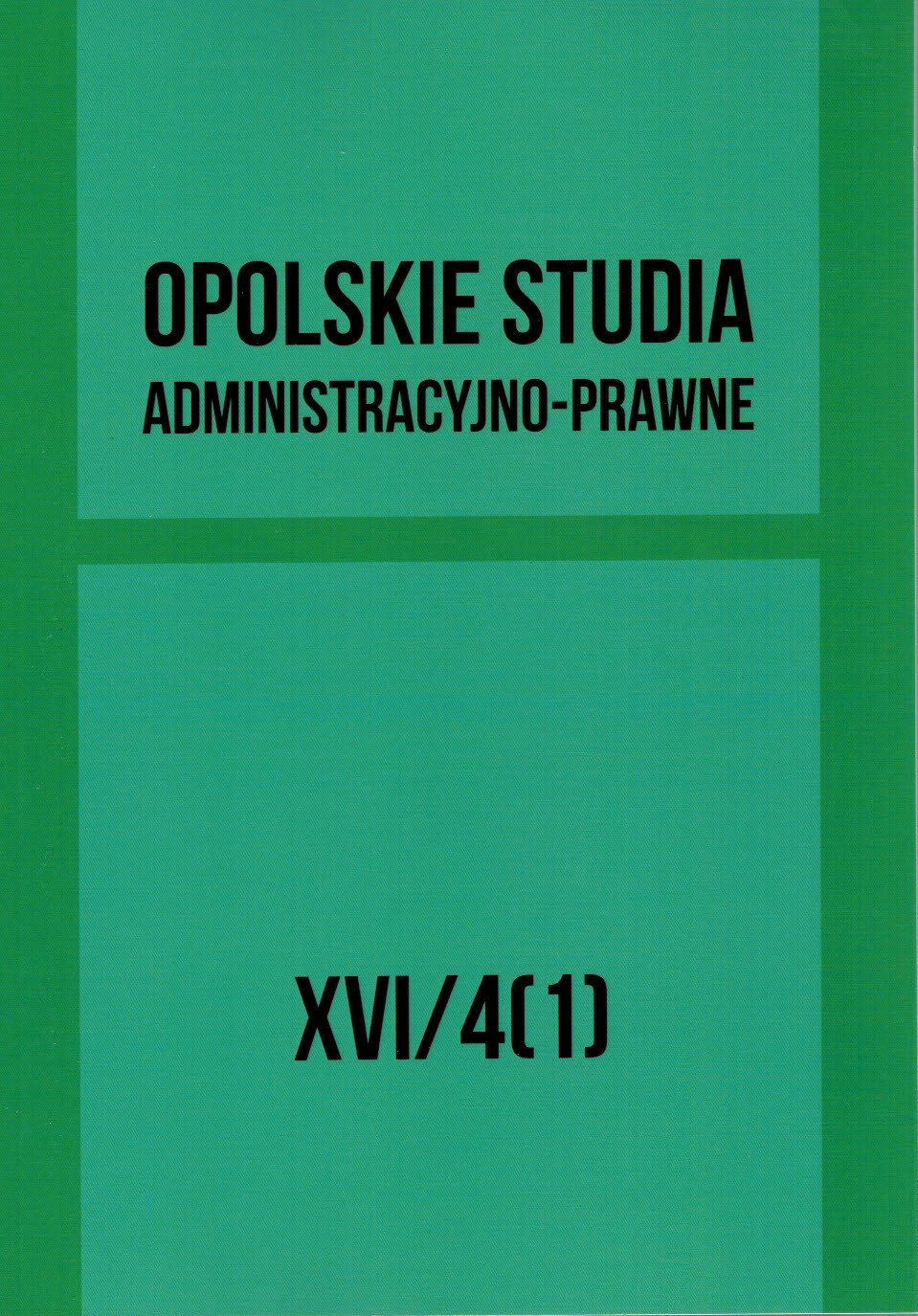
The article refers to the history of the judiciary in the town and the county (poviat) of Grodków which is presently located in Opolskie Voivodeship. In the first chapter, a short history of the establishment of the town, description of its owners, the process of creation of the administrative structure and some titbits of the town’s history are presented. In the consecutive parts, the history of the foundation and activity of several courts which operated in the town is presented. An analysis of the files concerning the town and court records preserved in the State Archives in Opole is also made. In the last but one chapter, a list of first people representing a new judiciary system in postwar Poland in the territory of the voivodeship and the poviat is presented. The article ends with a description of the last court operating in the town, that is the county court.
More...
In the Age of Enlightenment, the concepts of legal reforms were often proposed by literary men, publicists and philosophers. The vision of a breakthrough was exciting – they believed in the benevolent power of new, just regulations that would heal humanity, eradicate exploitation and social inequalities. Jean Jacques Rousseau, one of the most famous but controversial thinkers of the era, thought in a similar way. The dissertation concerns his two constitutional projects - written for Corsica (Part I) and the Polish-Lithuanian Commonwealth (Part II). The first part presents events that decided that the philosopher from Geneva dealt with the issue of a small island in the Mediterranean, trying to consolidate its barely won independence. However, the focus is on the very concepts of the political and social system planned for Corsica by Rousseau, referring them to the previous works of the thinker. His radical solutions expressed his broader views on civilization, the state, law and people. In part II of the article, they will be confronted with the project prepared for the Polish-Lithuanian Commonwealth.
More...